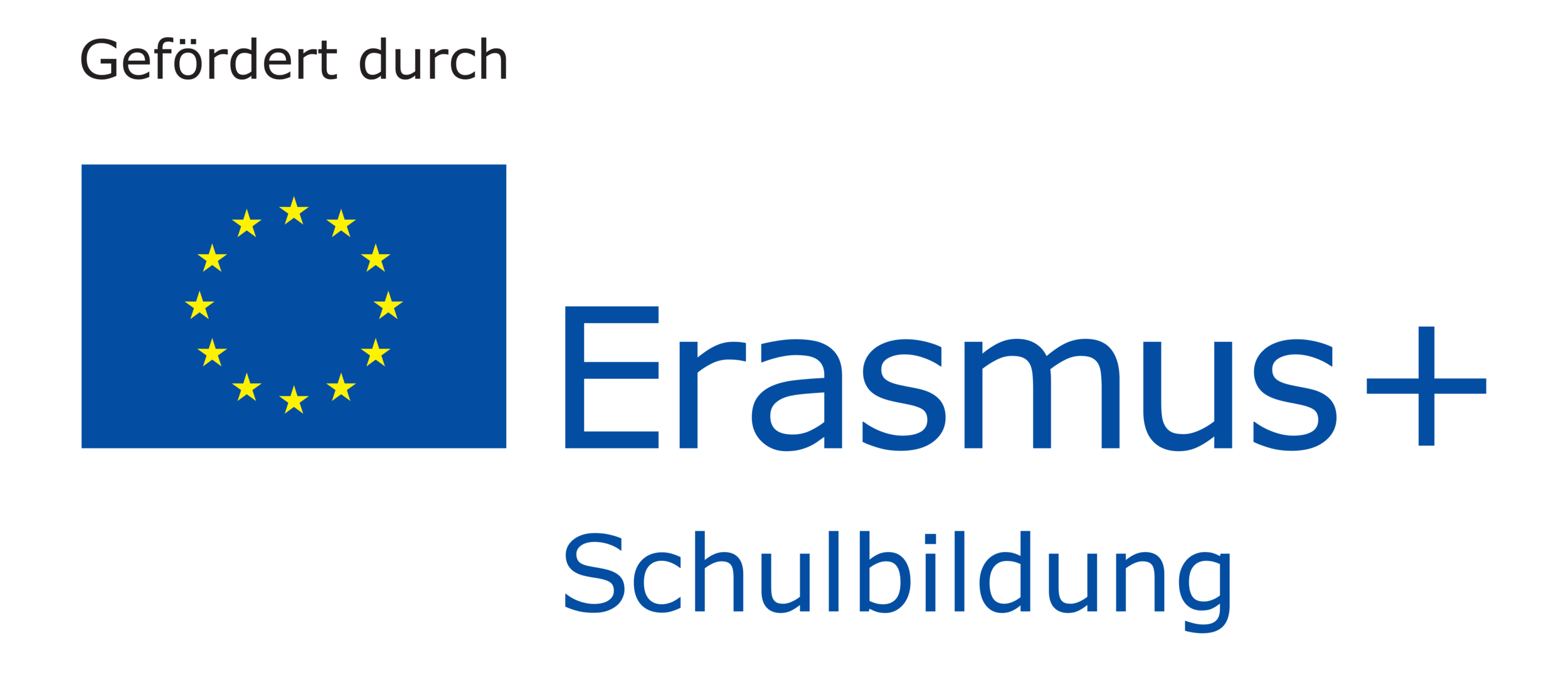Dominik
Transitioning To A New Caretaker of Another Culture or Language at Kindergarten
Dominik, age 3, has just started at a new English-speaking kindergarten and has been having problems settling in. This is his first time away from home and his mother is very protective of him. He also has some particular dietary ‘preferences’, only eating pasta and chicken nuggets, which has led his mother to worry that he might be hungry during the day. Dominik’s mother speaks Hungarian with him while his father speaks French. The family language is English, but Dominik’s most fluent language is Hungarian, and he now seems to be reluctant to use English with his educators or the other children. During the settling in process, Dominik stayed very close to his mother, hiding his face if approached by other children. For the first week, his mother stayed with Dominik for approximately 3 hours a day, taking him home before lunch. In general, she seems quite uneasy and has mentioned to the educators that she is missing her friends and family.
Age: 3 years and 2 months
Home language: Hungarian
Additional language spoken: French
Settling into a new situation
A good settling in process acknowledges the child's anxiety, builds trust in the child and their families, and ends with the child feeling safe in the new environment. The aim of settling in is for the child to establish a sustainable relationship with the educators. A good relationship with educators is the basis for all education to follow in the kindergarten. The child can only demonstrate explorative behaviour if she feels secure (Braukhane & Knobeloch, 2011).
How can the educators help Dominik and Dominik’s mother feel more comfortable?
How should the question of diet be approached (or should it be and if so, when exactly)?
How could Dominik be encouraged to join in with the children and educators?
What kind of advice should be given to mom to help her settle Dominik down?

